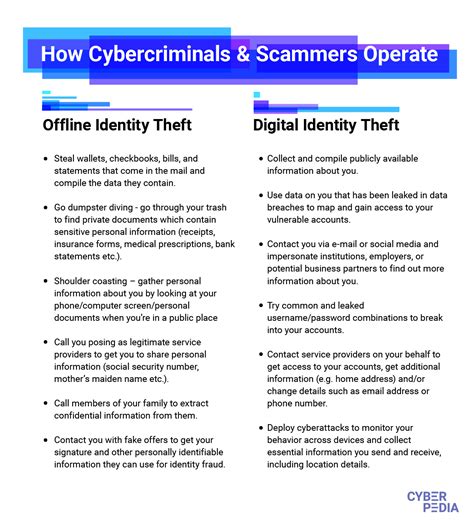Stealing and Insurance Fraud: Jail Time Implications
Stealing and insurance fraud are serious crimes with potentially severe consequences, including substantial jail time. The penalties for these offenses vary widely depending on factors like the amount of money involved, the sophistication of the crime, the defendant's criminal history, and the specific laws of the jurisdiction. This article explores the potential jail time implications of both stealing and insurance fraud, highlighting the key differences and factors influencing sentencing.
What Constitutes Stealing?
Stealing, more formally known as theft, encompasses a range of actions, from petty shoplifting to grand larceny. The legal definition and penalties differ depending on the value of the stolen property and the circumstances surrounding the theft. Generally, stealing involves the unlawful taking and carrying away of another person's property with the intent to permanently deprive them of it. This could include:
- Shoplifting: Taking merchandise from a store without paying.
- Burglary: Illegally entering a building with the intent to commit a crime, often theft.
- Robbery: Taking property from a person by force or threat of force.
- Embezzlement: Fraudulently misappropriating funds or property entrusted to one's care.
Jail Time for Stealing: A Range of Penalties
The penalties for stealing vary drastically. Petty theft, involving relatively low-value items, might result in fines, probation, or community service. However, more serious theft cases, particularly those involving large sums of money or violence, can lead to significant prison sentences—ranging from several months to many years. Factors influencing sentencing include:
- Value of stolen goods: The higher the value, the more severe the potential penalty.
- Prior convictions: A history of theft or other crimes will likely result in harsher sentencing.
- Use of weapons: Robbery involving a weapon carries much more severe penalties than simple theft.
- Aggravating circumstances: Factors like violence, threats, or targeting vulnerable individuals will increase the severity of the sentence.
What is Insurance Fraud?
Insurance fraud involves intentionally deceiving an insurance company to obtain a payout or reduce premiums. This can take many forms, including:
- Staging accidents: Fabricating an accident to claim insurance benefits.
- Inflating claims: Exaggerating the extent of damages or losses.
- Filing false claims: Submitting a claim for an event that never happened.
- Arson: Intentionally setting fire to property to collect insurance money.
Jail Time for Insurance Fraud: Serious Consequences
Insurance fraud is considered a serious crime, carrying significant penalties. The potential jail time for insurance fraud can be substantial, often exceeding the sentences for comparable theft cases. This is due to the organized nature of many insurance fraud schemes and the considerable financial impact on insurance companies and ultimately, policyholders. Factors influencing sentencing include:
- Amount of the fraudulent claim: Larger claims generally result in longer sentences.
- Complexity of the scheme: Sophisticated schemes involving multiple participants often receive stricter penalties.
- Premeditation: Planned and deliberate fraud usually attracts harsher sentences than opportunistic fraud.
- Impact on the insurance company: The financial loss suffered by the insurance company significantly influences sentencing.
How Stealing and Insurance Fraud Intersect
Stealing and insurance fraud can be intertwined. For example, someone might steal property and then file a false insurance claim to recover its value. In such cases, the penalties will reflect the severity of both crimes, potentially resulting in significantly longer prison sentences.
Frequently Asked Questions
What is the average jail sentence for insurance fraud?
There's no single average sentence for insurance fraud. Sentences vary greatly depending on factors like the amount of money involved, the complexity of the scheme, and the defendant's criminal history. Sentences can range from probation to several years in prison.
Can I go to jail for a small insurance claim?
While a small, unintentional misrepresentation on an insurance claim is unlikely to lead to jail time, intentionally filing a false or misleading claim, even for a small amount, can still result in prosecution and potential jail time.
What are the civil penalties for insurance fraud?
Beyond criminal penalties (jail time and fines), individuals convicted of insurance fraud may face civil penalties, such as being required to repay the insurance company for the fraudulent claim and potentially facing legal fees.
Is insurance fraud a felony or misdemeanor?
Insurance fraud can be charged as either a felony or a misdemeanor, depending on the specifics of the case. Larger, more complex schemes are more likely to be charged as felonies, leading to more severe penalties.
This information is for educational purposes only and should not be considered legal advice. If you are facing charges related to stealing or insurance fraud, it is crucial to seek the advice of a qualified legal professional.

